Nootropics: These New 'Smart Drugs' Could Unlock The Brain's Full Potential
Nootropics - also known as cognitive enhancers and smart drugs - have been gaining traction in the United States due to their low toxicity and excellent results. Patients can buy nootropics as an individual chemical in powder form, or in stacks which may help with a combination of mood, mental clarity, memory, anxiety, energy, and sleep. Some parents have taken their children with ADHD off drugs like Ritalin and substituted with less harmful chemicals in the wake of these smart drugs. However, patients are still recommended to speak with their physician before stopping prescribed medications or beginning to take nootropics.
Where Do Nootropics Come From?
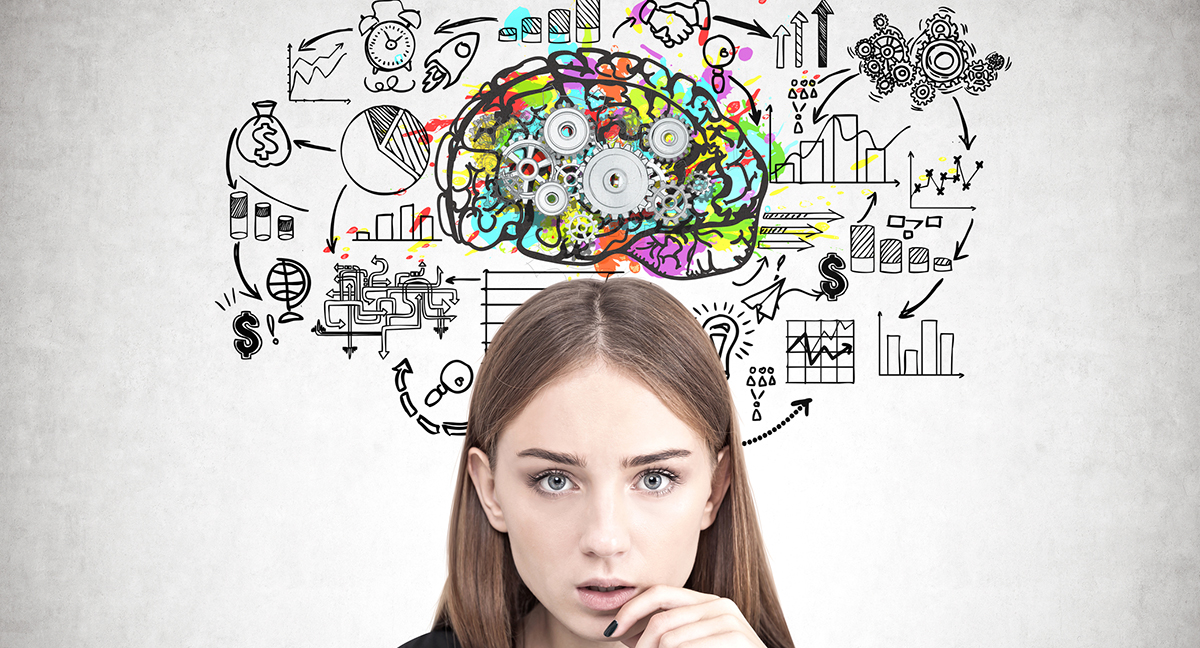
Nootropics is a compound word that was created in 1972 by two Greek words 'nous' which means mind, and 'tropos' which means to bend or turn. The first form of nootropic was designed as a sleep remedy. However, the drug did not aid in making the patient tired but instead increased cognitive abilities and helped alleviate symptoms of vertigo and motion sickness. For a drug or supplement to be categorized under the umbrella of nootropics, they need to have little to no adverse side effects and have positive cognitive effects such as enhancing memory and learning and improving muscle memory.
Now that you know a brief history of nootropics continue reading to discover the potential dangers, risks, and side effects.
Potential Dangers, Risks And Side Effects

The most common side effect of nootropics is headaches. The reason for the headaches is because the brain is not able to produce as much acetylcholine - a neurotransmitter in the brain - as it needs while working hard with the help of nootropics. Adding choline to a routine of nootropics can relieve headaches. Nootropics that are able to increase energy levels and improve alertness may also have negative side effects such as fatigue and insomnia. The timing of the dose may eliminate said side effects. For instance, patients can avoid insomnia by taking the nootropics early in the day. Other side effects may include anxiety, nervousness, depression, and other mood disorders.
Risks and side effects are usually associated with patients who take incredibly high doses. Those who follow the recommended dosages do not typically experience any adverse side effects.
Nootropics You Didn’t Know You Know
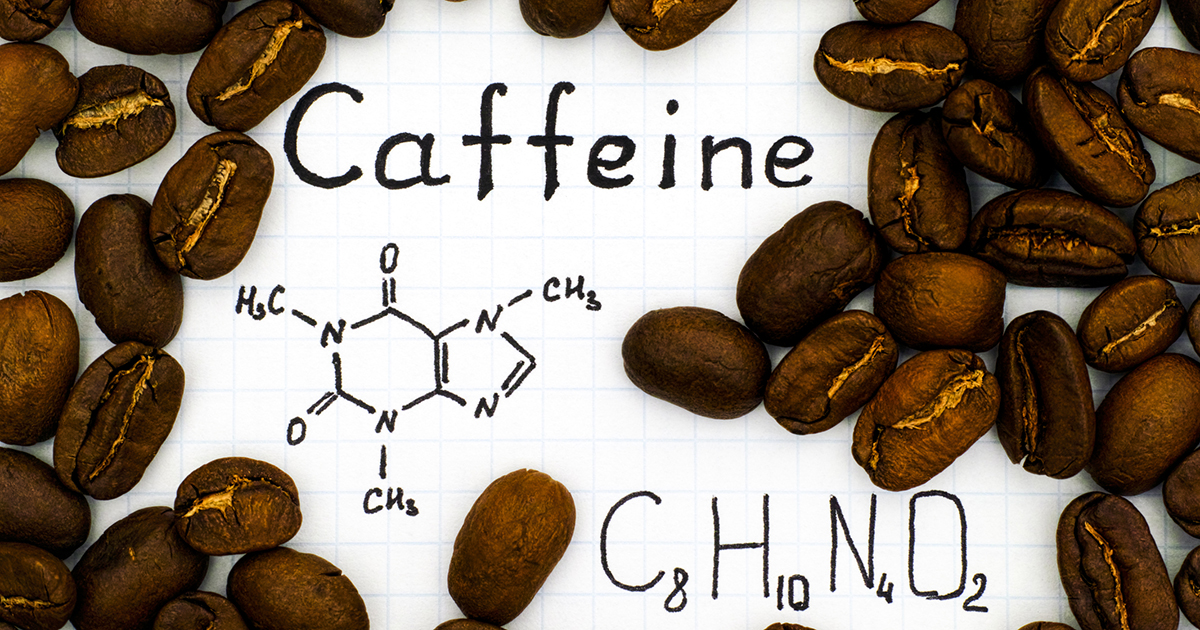
Nootropics include foods, drugs, and supplements with little to no adverse side effects and improve cognitive functions. There are many nootropics out there you may not know you know of or use! Stimulant medications for ADHD such as Adderall and Ritalin are nootropics with a proven ability to increase focus and productivity but may be unhealthier and have worse side effects than other nootropics available to patients. Other nootropics you may not think of that are able to alter mood, focus, and productivity include caffeine and licorice.
Continue reading to discover some nootropics that can significantly and positively benefit your mood.
Nootropics Can Positively Help Your Mood
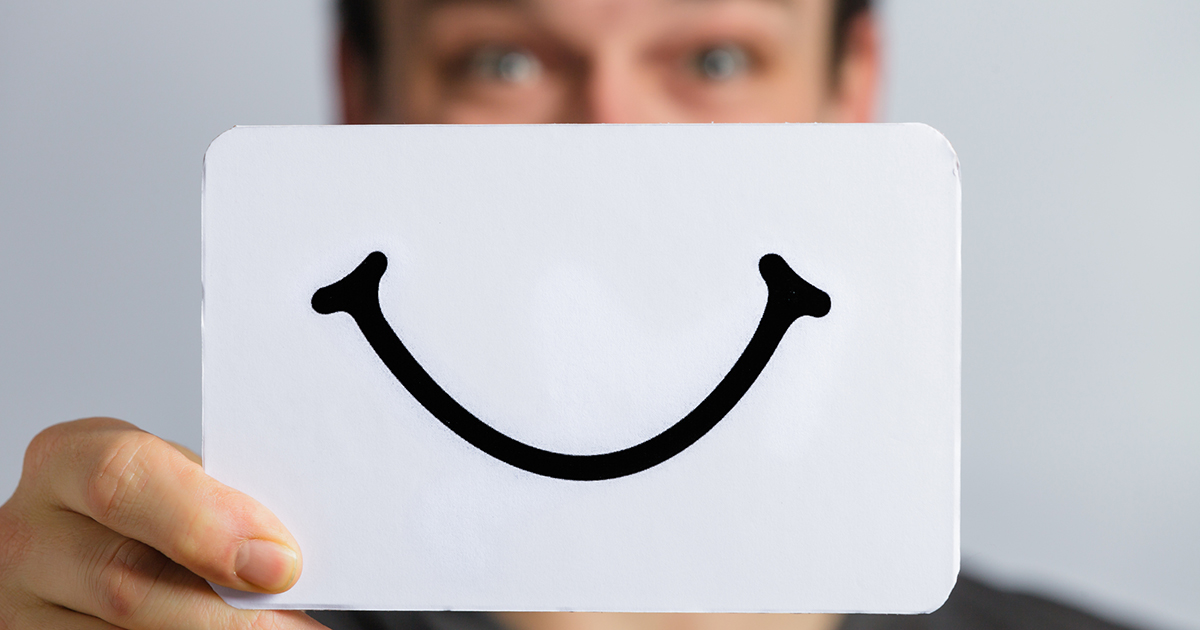
Some nootropics can be extremely effective to help mood management, increasing positivity and productivity. Nootropics able to benefit mood can eliminate or reduce feelings of depression, anxiety, apathy, and other mood disorders while increasing feelings of positivity and well-being. They might not be the answer for all mood disorders. However, patients who experience temporary problems with their mood may notice the smart drugs go a long way to help restore their positive outlook.
Some nootropics that encourage positive moods include L-Tyrosine, Rhodiola Rosea, Ashwagandha, Vinpocetine, Lion’s Mane mushroom, and L-Theanine.
Keep reading to learn about the nootropics able to help focus and concentration.
Nootropics To Help You Focus

Distractions are commonplace, whether they are due to exhaustion, anxiety, or lack of sleep, hindering the ability to focus and keep concentrated. Many nootropics can be used to increase focus, which is needed for optimal mental performance and productivity. The nootropics able to aid concentration contains compounds that affect the flow of blood and oxygen in the brain. To improve the effectiveness of smart drugs, patients can improve their diet and increase their physical activity.
Some nootropics that can increase focus and concentration include L-Theanine, L-Tyrosine, Alpha GPC, Oxiracetam, Pramiracetam, CDP Choline, and Noopept.
Continue reading to discover some nootropics with the ability to improve memory.
Nootropics To Improve Your Memory
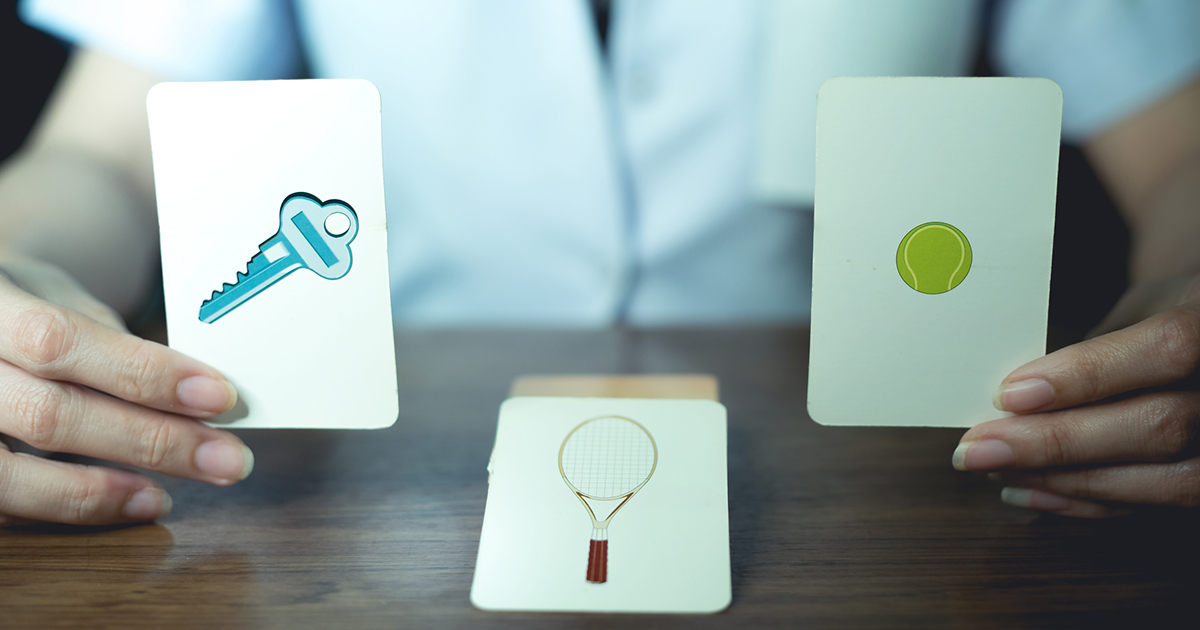
Many nootropics have proven to be excellent memory boosters and enhancers, increasing the working memory to both short and long-term memory, as well as the ability to retrieve information from long-term memory. They also have the potential to help treat memory-associated diseases such as Alzheimer’s.
Some of the nootropics with the ability to greatly improve a patient’s short and long-term memory include L-Tyrosine, Rhodiola Rosea, Ashwagandha, Modafinil, Ginkgo Biloba, and Piracetam. One of the most effective short-term memory enhancers available is PRL-8-53, which was patented forty years ago.
Continue reading to find out how to relieve anxiety and its symptoms.
Nootropics To Help Your Anxiety

Anxiety disorders have become some of the most common mental illnesses in the United States and affect over forty million Americans adults annually. Whether patients experience social anxiety, performance anxiety, or general anxiety, there are many negative effects to these illnesses. Some of these negative affects may include worry, fear, tension, and panic attacks. However, they can often subside or even be eliminated with the use of nootropics.
Some nootropics with the ability to alleviate the effects of anxiety include Rhodiola Rosea, Ashwagandha, Lion’s Mane mushroom, Picamilon, Coluracetam, and Sulbutiamine.
Since you now know what can help relieve anxiety, keep reading to discover which ones help give patients energy.
Nootropics To Boost Your Energy

Caffeine is possibly the most used nootropic for boosting energy. However, the crash that often accompanies caffeine can make the individual feel unmotivated and lack focus, drive, and creativity for the rest of the day. Many other nootropics can be used in place of coffee, or add to coffee that will energize, increase mental and physical stamina, and maximize mental capacity to work more productively for longer periods of time.
Some nootropics with the ability to give a needed energy boost include L-Tyrosine, Rhodiola Rosea, Modafinil, Adrafinil, Noopept, Oxiracetam, and Phenylpiracetam. Keep reading to discover the nootropic that may aid in sleep.
Nootropics To Help You Sleep
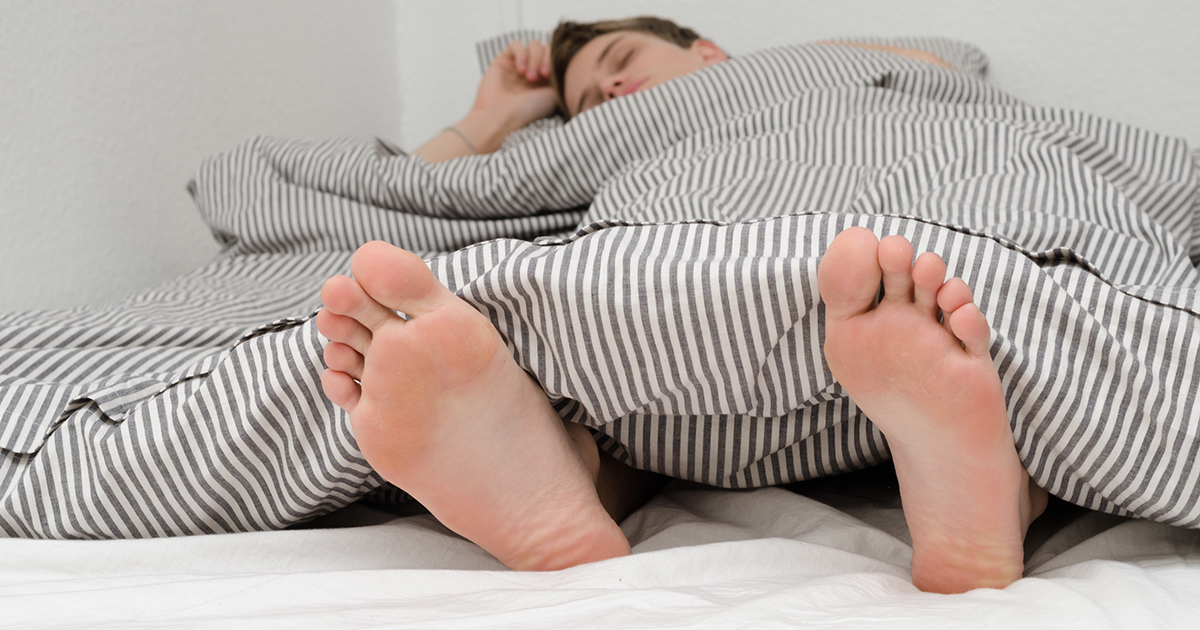
Nootropics can aid in sleep by making the patient fall asleep easier, and by reducing stress and anxiety. Other nootropics can help patients from waking up throughout the night by helping them produce the hormones dopamine and serotonin. However, the amount of quality REM sleep a patient needs will not change with the use of nootropics. If they are not getting the recommended hours of sleep each night, they will not benefit from the full effects of smart drugs.
Phenibut is the only recorded nootropic supplement to improve quality of sleep. However, it has been said it can potentially be addictive. Therefore if a patient wants to use it, they must do so responsibly. Another alternative could be the use of melatonin or an herbal tea such as chamomile or peppermint.
